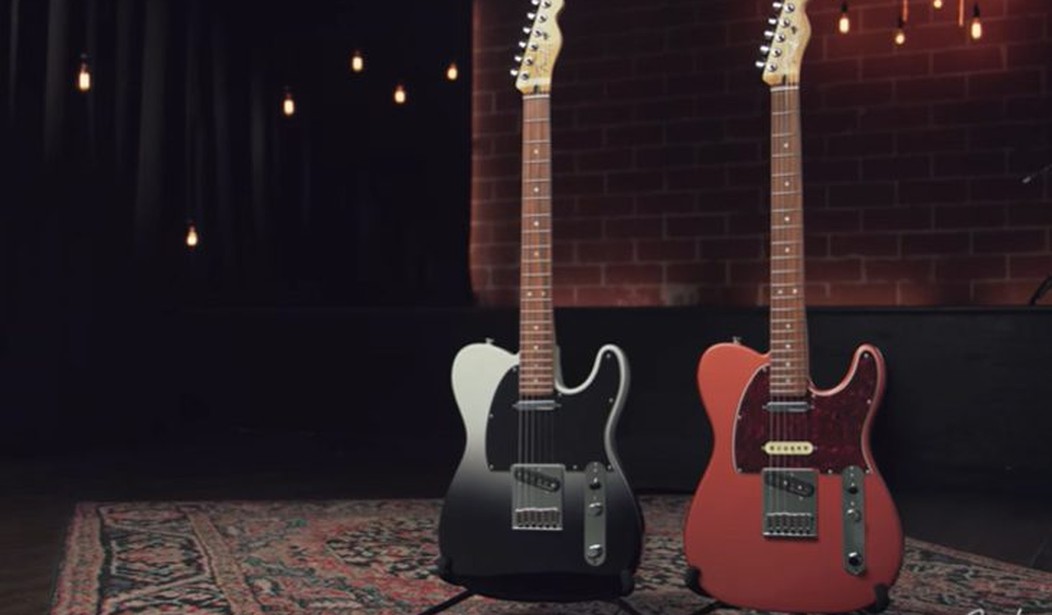In September 2014, 43 students from an all-male teachers college located in Ayotzinapa, Guerrero, Mexico, decided to travel to Mexico City to protest the October 1968 Tlatelolco massacre of earlier protestors in Mexico City.
To make the 180 miles-plus trip north to Mexico City, the students commandeered some public transit buses in the nearby town of Iguala. This proved to be a fatal mistake, as the local branch of a crime syndicate was using one or more of the buses to carry heroin. Recently released text messages between the Guerreros Unidos’ local leader and the Iguala police deputy chief have revealed the police, after detaining the students, gave them over to Guerreros Unidos to be tortured and killed.
To date, few bodies have been found. One of the few that has been found turned up shortly after the incident took place. His wife identified him solely from his clothes, as he had been mutilated beyond recognition. Moral of the story: while it’s not totally illegal to own a gun in Mexico, it’s well-nigh impossible to buy one legally. Keep that 2nd Amendment close to your heart, people.
Oddly enough, there is a thriving gun manufacturer in Mexico, albeit one equipping gun-slingers of the six-string variety. Some 1,900-plus miles driving distance from Ayotzinapa lies Ensenada in Baja California, home since 1994 of a Fender Musical Instruments factory. Within its walls, manufacturing standards are high-quality enough to impress even hardcore gearheads, as the facility cranks out Stratocasters, Telecasters, and other models of Fenders sold and cherished the world over.
Fender’s approach for its import line greatly contrasts with those of the other two premiere American electric guitar manufacturers, namely Gibson and PRS. Gibson makes its budget line instruments under the Epiphone moniker in a Chinese factory owned by Gibson. At the same time, PRS uses a dedicated facility in Indonesia and labels all guitars made there with the PRS SE name.
This is a roundabout way of explaining why, for example, when I was chatting with a local high-volume dealer for PRS, he mentioned the company is facing a supply problem so severe more than a few popular models are unavailable until next year. It also brings to mind just what is happening with any Epiphone and/or PRS SE guitars currently sitting in a container aboard a cargo ship quietly rusting away outside of Long Beach or Los Angeles harbors.
Given the quite desultory effects of saltwater on wood and wire, even if at least semi-protected from the elements, chances are they won’t be off-loaded, whensoever that may transpire, in excellent condition. Fender has the option of bypassing shipment of its guitars from Ensenada’s port in favor of loading up some trucks and driving the 179 miles up SoCal way between the factory and Fender’s headquarters in Corona, California.
Unsurprisingly, the coronavirus era saw more than a few people turning to Corona, or Ensenada, for something to do. Guitar sales have jumped, with an estimated 16 million people picking up the instrument over the past year-plus. (So much for the Washington Post’s 2017 insistence that the electric guitar is dying a slow death. But I digress.)
On a personal note, as a decent player, I testify that a Fender made in Mexico is indeed a quality instrument. I’ve been fortunate enough to own several high-end guitars over the years, alongside some Mexican-made Fenders. My absolute favorite guitar is the new Player Plus Nashville Telecaster. You cannot pry it out of my hands. It plays great, and it sounds even better. It has more mojo than the American-made, or California-made (for those who prefer to think of California as not necessarily being part of the United States), Telecasters I’ve played.
Which gets back to the first part of this post. Immigration is both a simple and complex, multi-layered issue. Few people, and no one of an above room temperature IQ, objects to someone coming here legally to make a better living for themselves and their family. It is those who come here illegally for the sake of living off of the American taxpayer’s largesse and be groomed by the Democrats for eventual voting rights to maintain and expand power that face genuine resistance.
Also, fierce opposition should be raised by all patriots and respecters of God’s creation against those who exploit illegal immigrants, be it via paying subpar wages with zero legally required benefits once here or through abhorrent financial and sexual abuse while attempting to get here. The supposedly personally loathsome Donald Trump made fighting human trafficking a priority of his administration. The Biden administration blows off meetings concerning drug and human trafficking cartels in favor of visiting a bakery.
We as a country cannot cure corruption that eats down to the core of another country. We as a country have nothing to apologize for regarding our greatness giving full cause to those worldwide who find their own countries hopelessly mired in the aforementioned corruption and wish nothing more than the opportunity to live a productive, unfettered life.
We can make wise investments in these countries to provide otherwise unavailable opportunities to change these countries the only way they can be changed: from the inside. Pay in the pocket and food on the table that is earned, not given, are elements of true revolution against socialism’s inherent terminal flaw.
Should we buy American whenever possible? Of course. However, we should also support American companies using non-exploitive practices overseas that directly, positively impact the consumer economy here and general economy overseas via lessening the temptation to enter America illegally.














Join the conversation as a VIP Member